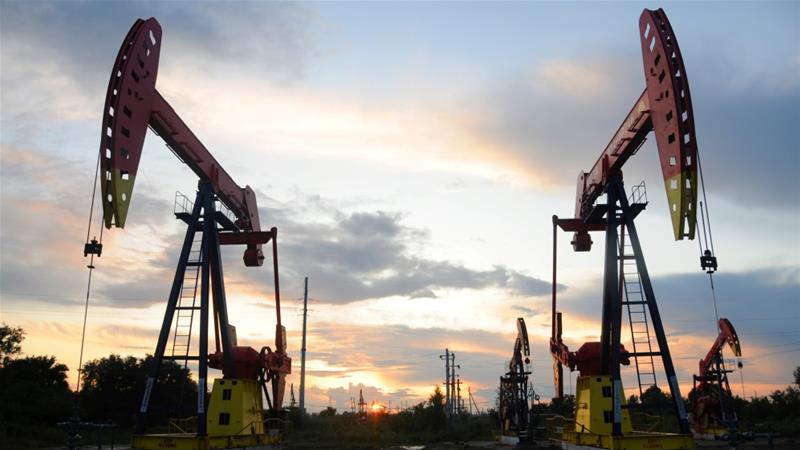China will for the first time allow foreign companies to explore for and produce oil and gas in the country, opening up the industry to firms other than state-run energy giants as Beijing looks to boost domestic energy supplies.
The long-awaited opening comes alongside Beijing's reshuffle in the so-called "midstream" pipeline business, but experts say the policy relaxation may not draw immediate interest from international drillers due to the overall poor asset quality of China's hydrocarbon resources.
From May 1, 2020, foreign firms registered in China with net assets no lower than 300 million yuan ($43m) will be allowed to take part in oil and gas exploration and production, the Ministry of Natural Resources said at a media conference.
The change will also apply to domestic companies that meet the same asset criteria.
"China is accelerating the sector reform due to growing energy security concerns," said Zhu Kunfeng, Beijing-based analyst with IHS Markit, "Vitalising the industry by diversifying the participants, including foreign and private investors, is the focus of that reform."
China now imports 70 percent of crude oil it refines and nearly half its natural gas consumption, and state firms face an uphill battle boosting reserves and production outside China amid growing geopolitical risks.
Previously, international companies could enter the industry only via joint-ventures or through cooperation with Chinese firms, mainly state-owned majors such as China National Petroleum Company (CNPC), China Petrochemical Corp (Sinopec) or their listed vehicles.
Mineral resources mining permits will be valid for five years at initial registration, and can potentially be extended for another five years.
When firms apply for extensions, the government will automatically cut the area of the mining/exploration zones by 25 percent from the originally registered level, the ministry added.
The new rule on cutting the acreage size will effectively force state firms which control most of the prospective oil and gas deposits to cede some of their acreage, said a government official involved in the reform.
"Compared to previous measures of exploration work commitment, the new rule makes the acreage transfer more efficient and compulsory," said the official.
But as global firms are becoming more disciplined in spending after the 2014 oil crash and as other resource host nations such as India and Malaysia also try to polish up terms to attract investment, the reform may not lure an immediate flow of foreign investment.
Chinese majors have also tapped most of the best assets onshore and offshore, with the under-explored resources such as shale oil and shale gas costly to develop due to complex geology.
"The policy may come too late ... as the sweet spots are all taken," said a Beijing-based industry adviser to a European oil and gas firm.
Rather, domestic independent companies, such as oilfield service providers or firms with some exploration experiences abroad may be drawn to the game, said IHS's Zhu.
Also as part of the reform, the ministry said licences for all mineral resources will be awarded through competitive bidding and tender processes with the exception of rare-earth elements and radioactive mineral resources, where licences will still be strictly controlled.
SOURCE: Reuters news agency



